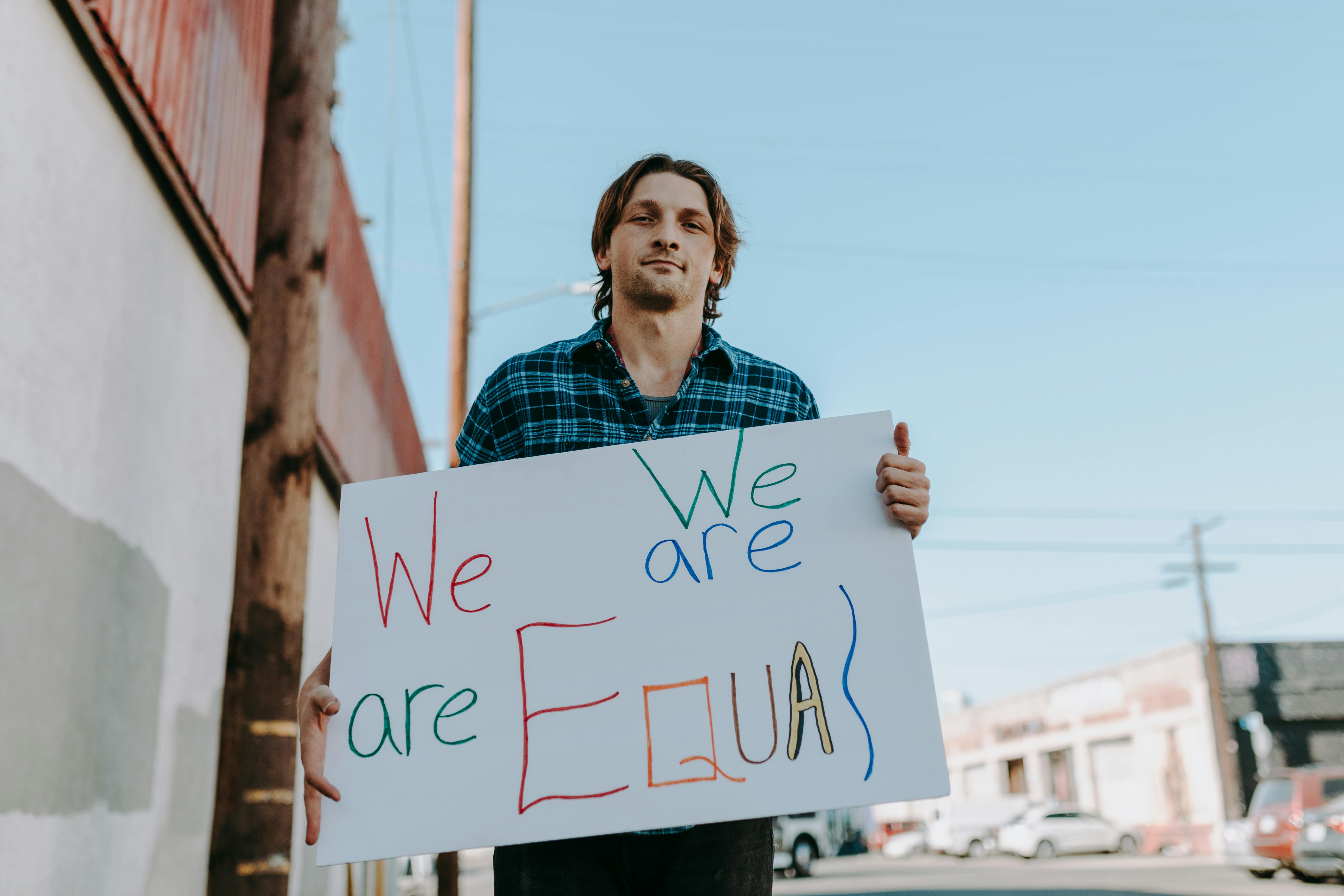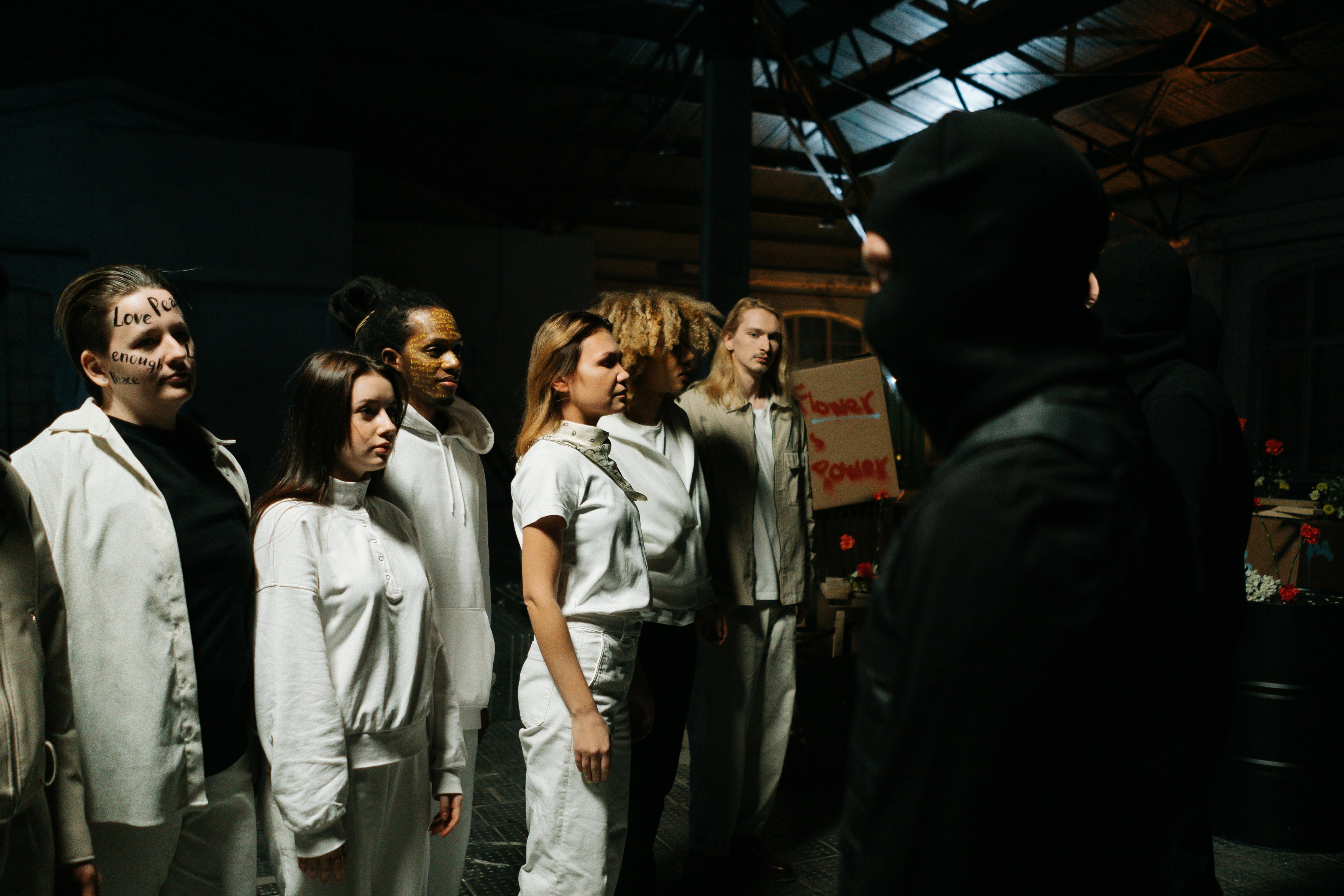I grew up in the 1980s when it seemed like everyone wanted to be a lawyer like the ones at LA Law. The 1980s, 1990s, and 2000s (until 2007) were the era of Big Law when the promise of a $100,000 to $160,000 salary seemed to be extended to anyone who graduated from a top 20 school and to many who graduated one of the top 50 law school with excellent grades and internships.
Even in previously bad economies (1990 to 1992, 1998 to 2000), the legal profession seemed to survive, if not thrive. Hundreds of thousands of smart (and even not-so-smart) people were encouraged to become lawyers by a mix of outrageous salaries: In 2007, Cravath, one of the nation’s top corporate law firms, offered bonuses of nearly $100,000 to the best. acting associates: federally subsidized student loans, the supposed security of a sheltered profession (with its bar exams), and putative prestige (see any John Grisham novel).
Of course, the truth of all that was always a bit suspicious. While one of the top 20 law graduates in the past could expect to earn a six-figure salary, unless he decided to go into public interest law, many graduates were not so lucky. And while it’s great to think of oneself as a magnanimous constitutional litigator, or a trial lawyer from a Grisham novel, the practical, everyday experience of being a lawyer was (and still is) exhausting.
Moments of glory are few and far between. Don’t get me wrong, I enjoy practicing criminal law and I enjoy helping clients. And as my father would say, it’s better than digging a ditch. But the daily practice of law is not outside of a movie script. It’s about helping people with a DWI, drug, embezzlement or theft charge. Only rarely are most lawyers involved in high-profile murder trials involving movie stars!
The demand for law schools and government subsidy of the school led to the growth of the school industry, aided by publications like US News with their ridiculous school rankings. The schools became centers of financial profit for the universities (such as successful sports programs) and, in many cases, were required to return money to the central administration of the university to help finance the rest of the less profitable parts of the university. college.
The costs were passed on to recent graduates and ultimately to the legal consumer in the form of high legal fees, especially in corporate law.
Who benefited? One of the beneficiaries was the faculty of the law school. The typical faculty member at a decent law school has almost no practical experience. The person went to one of the top law schools, practiced for a year or two, and then came out of the legal academy job market at the age of 28 or 29 to get a job with law school. A few law professors maintain their practical skills by doing pro bono legal work or consulting on the side.
Most law professors know very little about what it means to be a lawyer, and are actually proud of it. This is because the rest of the university has always viewed law schools (and business schools) as essentially trade schools. Since law professors do not want to think that they are participating in a massive technical vocational school, they try to distance themselves from the practice of law.
Second, the actual curriculum associated with law school has changed little since the 1930s, when it focused on 19th-century common law concepts or older ideas of tort or property law. These principles have very little to do with the basic way property, tort, or criminal law is practiced in modern America. Most of these laws are statutory, not common law, anyway.
As if to excuse their woefully inadequate ability to train lawyers, law professors and deans of law schools love to tell incoming students that they don’t teach you how to be a lawyer, they teach you how to think like a lawyer through of the Socratic method.
Of course, “thinking like a lawyer” is a silly concept. All it really means is thinking carefully about a problem. Yes, it requires a bit of discipline. But it is not difficult, and it does not require three years of school.
The Socratic method, the one made famous by John Houseman’s Professor Kingsfield in The Paper Chase, is also nonsense. Most teachers don’t do it well. And all it is about is asking pointed, hypothetical questions about something that has just been read and will soon be forgotten.
The problem with the Law School, which has almost always been ineffective at training lawyers, is that it has a built-in constituency, the law professor, who will fight like hell to maintain their privileged position.
Law school has been booming for the last 4 years, as it usually does when the economy tanks. This is because, rather than step out into an uncertain job market, many young recent college graduates (and even mid-career professionals) decide to go to school in hopes of improving their employability. (What they often do is add to your debt load, with no reasonable hope of repaying those loans. Hence the clamor to make student loans dischargeable in bankruptcy!)
But as the legal market continues to suffer, even compared to other parts of the economy, potential students will take other paths and turn to other types of careers, even if those careers are less financially rewarding, because the sheer number of the money needed to go to school for three years is too much to consider paying.
In recent conversations with fellow lawyers, I’ve heard how even the best law schools have trouble placing their students. That puts the University of North Carolina at Chapel Hill, which is a good law school but not a great law school, in a very difficult position.
If the University of Virginia (a top 10 law school) is having trouble getting a third of its student class into top law firm positions, what does that mean for UNC-CH, which is not as prestigious and also having the unfortunate position of being in a state with only two moderately sized legal markets (Charlotte and Raleigh) and competing with other good law schools, such as Duke (although Duke tends to send students out of state) and Wake Forest, as well as Campbell (which is an underrated college). school that trains its graduates better than UNC) and Central North Carolina (which is the best choice for a legal education in the state and trains some excellent lawyers).
There are too many UNC Chapel Hill graduates in North Carolina government to allow the law school to disappear entirely, but its privileged position will begin to erode. Like the privileged position of many law schools.
So what will happen to the Law School? First, the deans of the smarter schools will drop the pretense that the law school is not a trade school. They will embrace the idea that the entire curriculum needs to be revamped to focus on the practical skills needed to practice law.
The next law school will need to adjust tuition downwards to reflect the true earning potential associated with the degree, and increased competition from alternative ways to learn how to practice law, and less demand as people they realize that being a lawyer is not as financially rewarding as it once was.
Finally, efforts will be launched to change the way the legal profession is regulated. Most state bar associations require three years of legal education. This will come under attack as more and more people realize that this requirement is preposterous on the face of it.


